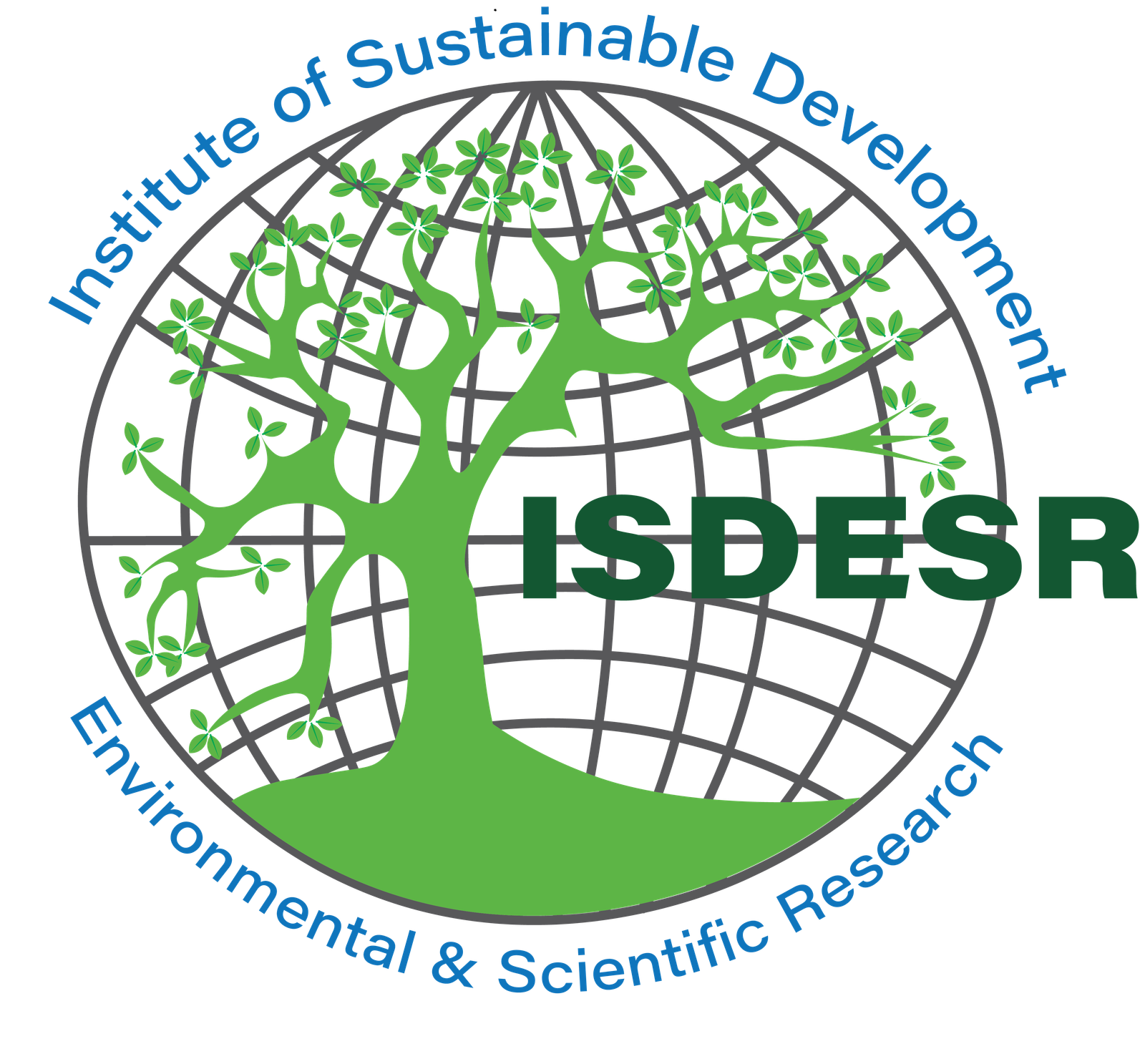Volume 11 (01), January 2025
INDIAN KNOWLEDGE SYSTEM AND SUSTAINABLE DEVELOPMENT: INTEGRATING ANCIENT WISDOM WITH MODERN SUSTAINABLE DEVELOPMENT GOALS
AUTHOR
M. M. Sheikh
ABSTRACT
The Indian Knowledge System (IKS), rooted in holistic and sustainable practices, has the potential to address contemporary challenges of sustainable development. This paper explores the interconnectedness of IKS with the United Nations’ Sustainable Development Goals (SDGs), highlighting examples where traditional wisdom aligns with these global objectives. By examining areas such as environmental conservation, health, agriculture, and education, this research underscores how India’s ancient knowledge can complement modern sustainable practices and create pathways for achieving the SDGs. The Indian Knowledge System (IKS), a repository of holistic and sustainable practices developed over millennia, holds valuable insights for addressing contemporary challenges in sustainable development. This paper delves into the synergies between IKS and the United Nations’ Sustainable Development Goals (SDGs), emphasizing the relevance of traditional wisdom in achieving global sustainability targets. India is home to approximately 8 percent of the world’s biodiversity, and its ancient practices in environmental conservation, such as the Bishnoi community’s preservation of forests and wildlife, highlight the importance of coexistence with nature (SDG 15: Life on Land). In healthcare, the Ayurveda system, serving over 70 percent of rural populations, provides an affordable and sustainable alternative to modern medicine, addressing SDG 3 (Good Health and Well-being). Similarly, traditional agricultural practices like organic farming, crop rotation, and intercropping—widely adopted by Indian farmers— demonstrate alignment with SDG 2 (Zero Hunger) and SDG 13 (Climate Action). In education, the Gurukul system’s focus on holistic learning echoes the ethos of SDG 4 (Quality Education), emphasizing not just knowledge transfer but also character building and environmental awareness. This paper further highlights data-driven examples, such as India’s push for organic farming in states like Sikkim, which became the first fully organic state globally, showcasing the potential of IKS in advancing sustainable agricultural practices. The study argues that by integrating ancient Indian wisdom with modern sustainable development frameworks.
